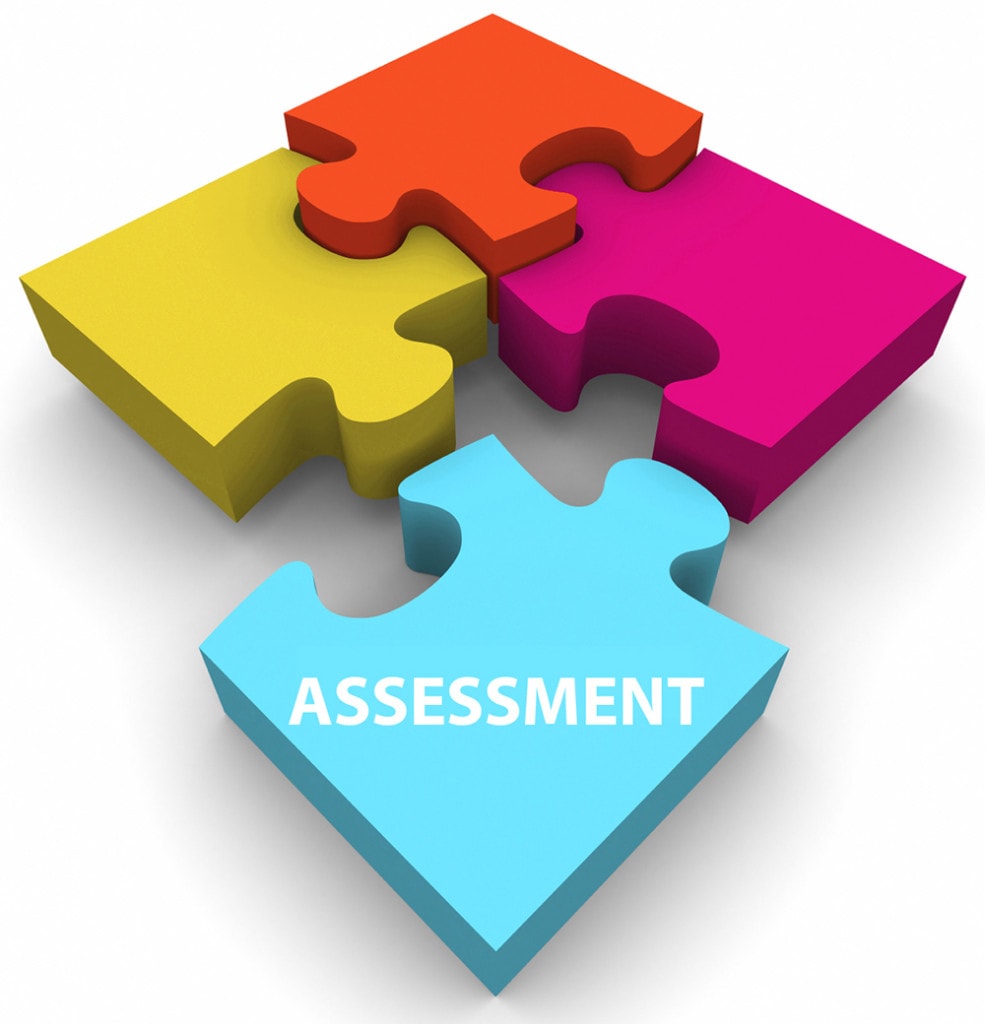An Overview of Psychotherapy for the Management of Depression
Perhaps there has been no other time in history in which depression has become a common occurrence than during these times. But unlike previous eras where a person suffering from depression was looked with stigma, today’s society has taken a more tolerant and sympathetic view. Not withstanding this change in attitude, there remains a need to address this problem in order for the individual to function properly. And to this end, we must be thankful for the emergence of psychotherapy as an effective means in meeting this goal.

What is Psychotherapy?
Considered the first line of treatment for depression, psychotherapy involves professional activities that use interpersonal relationship in order to allow individuals to develop self understanding and make changes in their lives. It aims to increase the person’s well-being by exploring thoughts, feelings, behaviors and providing solutions to any problems. This interactive process requires the participation of a qualified mental health professional who may be a psychiatrist, psychologist, licensed counselor, clinical social worker, or other practitioners trained in this specialization.
How Psychotherapy Helps?
Psychotherapy helps individuals by allowing them to understand the behaviors, emotions, ideas, and other factors that contribute to depression. These may include major events such as deaths, illnesses, loss of a job, and marriage problems. After determining factors responsible for the condition, the person may then be taught to change these negative and faulty attributes and at the same time provided with the skills needed to cope and solve problems.
What are the Types of Psychotherapy?
A distinct feature of psychotherapy which allows huge advantages is in the availability of using different type or formats to address the situation. Therapy may be done on individual or group bases. Married couples or partners may avail of therapy to solve any relationship issues and when problems involve the members of the family, then a session for the whole family be also be scheduled.
What are the Different Approaches to Psychotherapy?
Mental healthcare professionals have at their disposal different approaches in attaining the objectives. The choice will depend on different factors which the therapist may uncover through a comprehensive evaluation and probing of the concerned individual. To give an idea, of which your therapist may explain during your consultation, here are examples of these approaches:
- Psychodynamic Therapy
- Interpersonal Therapy
- Cognitive Behavior Therapy
- Psychotherapy for a Better Life
This overview is meant to give you an idea of this very useful technique in managing depression. Everyone is strongly advised to seek the assistance of a qualified mental healthcare provider for your different needs. The value of psychotherapy is beyond debate and countless people may attest to the improvements they have enjoyed in their lives.




